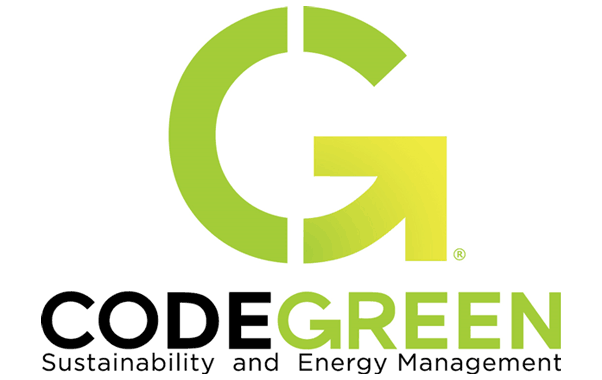Code Green Solutions


Greenbuild this year was abuzz with talk about social equity issues. From the special sessions like the Sustainable Community Summit and the Affordable Housing Summit to a wide variety of educational sessions, people asked hard questions about how the green building movement can better address the disparities in access to the healthy environments we are striving to create.
But while lots of people are talking about social equity, they are not all talking about the same thing. For some, social equity means supporting grassroots efforts for community renewal. For others, it means supporting public health or creating good jobs. Some are focused on corporate social responsibility. Still others are concerned with increasing the diversity of green building practitioners. People are asking how our work can benefit building occupants, members of surrounding communities, and even those who are affected by upstream and downstream activities of building industry.
The challenge now is to bring all of these conversations together under the “big tent” concept of the green building world. To me, it’s an exciting challenge. Whole disciplines exist to tackle each of these issues, and certainly not all social equity issues can be fixed through a better built environment. But the green building movement, and the USGBC in particular, are in a great place to convene discussion, help map out the interconnections between problems, and encourage systemic solutions.
Over the next few months I will be exploring organizations, projects and people who are who are finding new, holistic approaches to making change. By understanding the systems they are working in and finding leverage points within the built environment, these leaders are charting territory that may be fruitful for the USGBC and its many stakeholders to better address the social bottom line of sustainability.